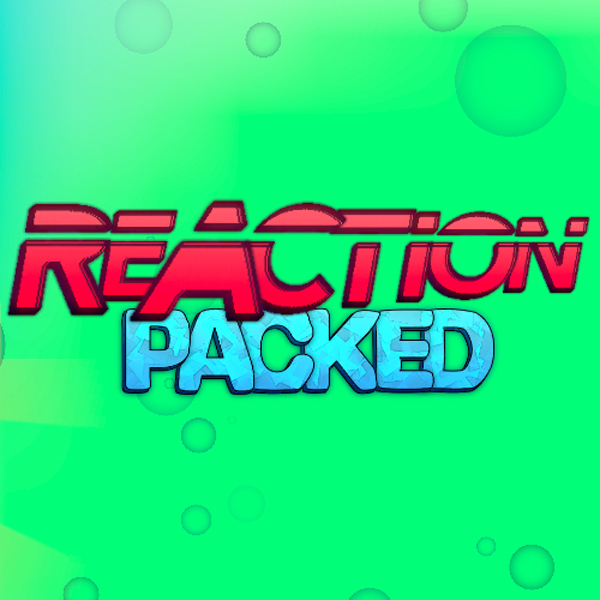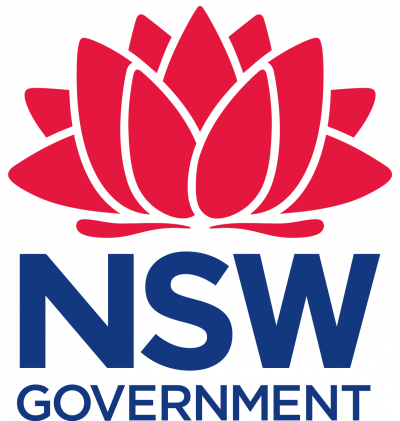
- This excursion has passed.
Who’s the fastest? Let’s explore what affects our reaction time

Do you think you’ve got the fastest reaction time in class? Then let’s find out! Using the Arludo app Reaction Packed we’ll explore what affects our reaction time in a series of five mini games. Students will then come up with their own research question to test how different factors affect their reaction performance.
This digital excursion was designed by Associate Professor Michael Kasumovic along with a team of scientists at UNSW. Michael began his quest to figure out a way to excite disengaged students in a typical classroom. The Reaction Packed excursion provides an opportunity for students to ask questions, design their own experiment, and collect their own first-hand data guided by real life scientists and experts in their field. Your class will have the chance to run their own experiment during this event using this Arludo app to practice their experimental design and working scientifically skills.
Arludo’s revolutionary apps and e-worksheets offer single and multiplayer games that use apps to explore a singular topic aligned with the Australian curriculum. This app caters to Stage 2 to 5. Our apps and e-worksheets foster student-centred learning to encourage the development of a student’s scientific skills and interest in the world around us.
Students will explore their data that is automatically collected and visualised during gameplay into simple graphs. This means our panel of experts can explain the science behind the game and break down the concepts using the student’s own data! Our excursions incorporate literacy and numeracy activities to further develop student skills. We understand all students have unique learning needs, so we’ve made sure our excursions are flexible in content and delivery to meet the individual learning requirements of all students. Just let us know when you’d like the excursion to be, and we’ll take care of everything else.
Australian Curriculum Content Descriptors: K-10
- Questioning and predicting – With guidance, identify questions in contexts that can be investigated scientifically and make predictions based on prior knowledge – ACSIS053, ACSIS064
- Processing and analysing data and information – Use a range of methods including tables and simple column graphs to represent and to identify patterns and trends – ACSIS057, ACSIS066
- Processing and analysing data and information – Compare results with predictions, suggesting possible reasons for findings – ACSIS215, ACSIS068
- Planning and conducting – Collaboratively and individually plan and conduct a range of investigation types, including fieldwork and experiments, ensuring safety and ethical guidelines are followed – ACSIS140
- Planning and conducting – Measure and control variables, select equipment appropriate to the task and collect data with accuracy – ACSIS141
- Planning and conducting – Construct and use a range of representations, including graphs, keys and models to represent analyse and patterns or relationships in data using digital technologies as appropriate – ACSIS144
- Evaluating – Reflect on scientific investigations including evaluating the quality of the data collected, and identifying improvements – ACSIS146
- Planning and conducting – Summarise data, from students’ own investigations and secondary sources, and use scientific understanding to identify relationships and draw conclusions based on evidence – ACSIS145
- Evaluating – Evaluate conclusions, including identifying sources of uncertainty and possible alternative explanations, and describe specific ways to improve the quality of the data – ACSIS171
Working Scientifically Outcomes: K-10
A student:
- ST2-4WS investigates their questions and predictions by analysing collected data, suggesting explanations for their findings, and communicating and reflecting on the processes undertaken
- ST3-4WS investigates by posing questions, including testable questions, making predictions, and gathering data to draw evidence-based conclusions and develop explanations
- SC4-6WS follows a sequence of instructions to safely undertake a range of investigation types, collaboratively and individually
- SC4-7WS processes and analyses data from a first-hand investigation and secondary sources to identify trends, patterns and relationships, and draw conclusions
- SC4-9WS presents science ideas, findings and information to a given audience using appropriate scientific language, text types and representations
IS THIS A FREE EVENT? -- Please Select --
BROUGHT TO YOU BY: Arludo
Event Details
Event Type
Live Event - By Request
Payment Instructions
A payment link will be sent upon your registration to the Ingenious Program.
Joining The Event
Technology and Materials Requirements
Internet access, smartphone, computer
Connecting To The Event
After your registration, we will send you an email which will contain all the information to get you set up and started. You can find some info on how to prepare for the show here.

